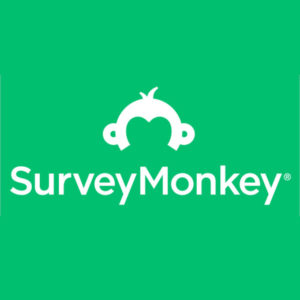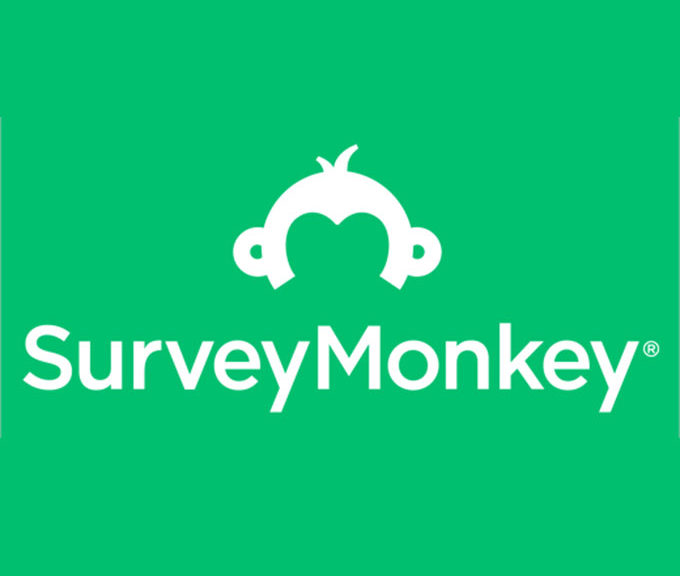 SVMK (NASDAQ: SVMK), a recent addition to our Battle Road IPO Review Software sector coverage, is a leading provider of cloud-based survey software products that enable companies to better engage with customers and employees. Founded in 1999, and based in San Mateo, California, the company is best known for its flagship SurveyMonkey customer feed-back software. Consensus estimates call for revenue of $252 million in 2018, followed by $287 million in 2019. EPS expectations call for a loss of $0.13 this year, followed by a $0.06 loss next year.
SVMK (NASDAQ: SVMK), a recent addition to our Battle Road IPO Review Software sector coverage, is a leading provider of cloud-based survey software products that enable companies to better engage with customers and employees. Founded in 1999, and based in San Mateo, California, the company is best known for its flagship SurveyMonkey customer feed-back software. Consensus estimates call for revenue of $252 million in 2018, followed by $287 million in 2019. EPS expectations call for a loss of $0.13 this year, followed by a $0.06 loss next year.
SVMK priced its 15 million share IPO at $12 per share on the NASDAQ on September 25th. The underwriters subsequently exercised their option to purchase an additional 2.25 million shares. The IPO was led by J.P. Morgan Securities, Allen & Company, and Bank of America Merrill Lynch (BAML). Credit Suisse, UBS, Wells Fargo, SunTrust Robinson Humphrey, Code Advisors, Foros, JMP Securities and LionTree Advisors also participated in the transaction. SVMK also completed a private placement with Salesforce Ventures LLC concurrent with the timing of its IPO. All told, the company raised $225 million. At a recent share price of $13, SVMK’s market cap is roughly $1.6 billion, based on 123 million shares outstanding.
SVMK’s product line features SurveyMonkey, a cloud-based questionnaire that is primarily used for customer feed-back, TechValidate, a marketing content automation software solution, and SurveyMonkey Engage, which is focused on internal employee surveys and feed-back. The company is among the pioneers of the “freemium” monetization model, in which it provides free customizable surveys, and is paid based on solutions that include sample selection, data analysis, and bias elimination tools, among others. The company counts 60 million registered users, along with 16 million active users among 300,000 “organizational domains,” which we speculate may be equivalent to customers.
As a result of a long history of debt and equity financing, including debt financing from two of its underwriters, BofA Merrill Lynch, and SunTrust Robinson Humphrey, SVMK came public with an unusual amount of debt on its balance sheet, including over $300 million in short and long term debt, and $92 million in facilities leases. Following the offering, the company had a negative net cash position of $152 million. In its first quarter as a public company SVMK reported revenue of $65 million, a 19 percent increase over the prior year. Exclusive of roughly $100 million in stock-based compensation, the company reported near break-even results. Following the results of its IPO, SVMK ranks well below the mid-point of our Software sector coverage.





 .
.